243 GPTs for Database Management Powered by AI for Free of 2026
AI GPTs for Database Management refer to a class of sophisticated machine learning models, particularly Generative Pre-trained Transformers, engineered for tasks in the realm of database management. These AI tools are adept at understanding, generating, and manipulating data, and are especially useful in automating, optimizing, and providing insights for various database management tasks. The integration of GPTs in this field signifies a revolutionary shift, allowing for more efficient, accurate, and user-friendly management of databases.
Top 10 GPTs for Database Management are: FiveM Lua GPT,.NET Copilot,SQL,AskYourDatabase,Full Stack Developer,PHP,Expert IT System Admin,Supabase,ASP.NET Core Developer,Coder/ Programmer (by GB)
FiveM Lua GPT
AI-powered assistant for FiveM development

.NET Copilot
Empowering .NET Development with AI

SQL
Empower your data with SQL AI
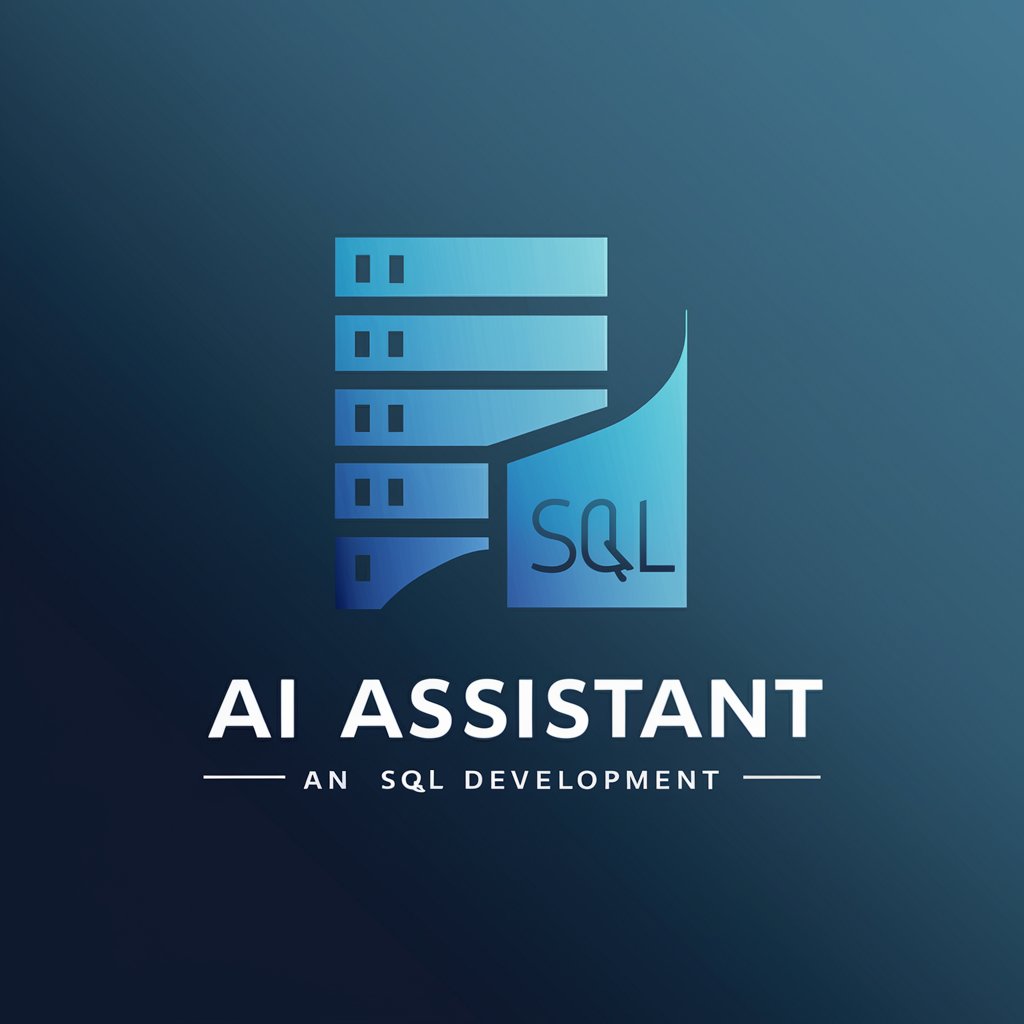
AskYourDatabase
Empower Your Data with AI

Full Stack Developer
Empowering Creation with AI-Driven Development

PHP
AI-powered PHP assistant for developers

Expert IT System Admin
AI-powered IT Solutions at Your Fingertips
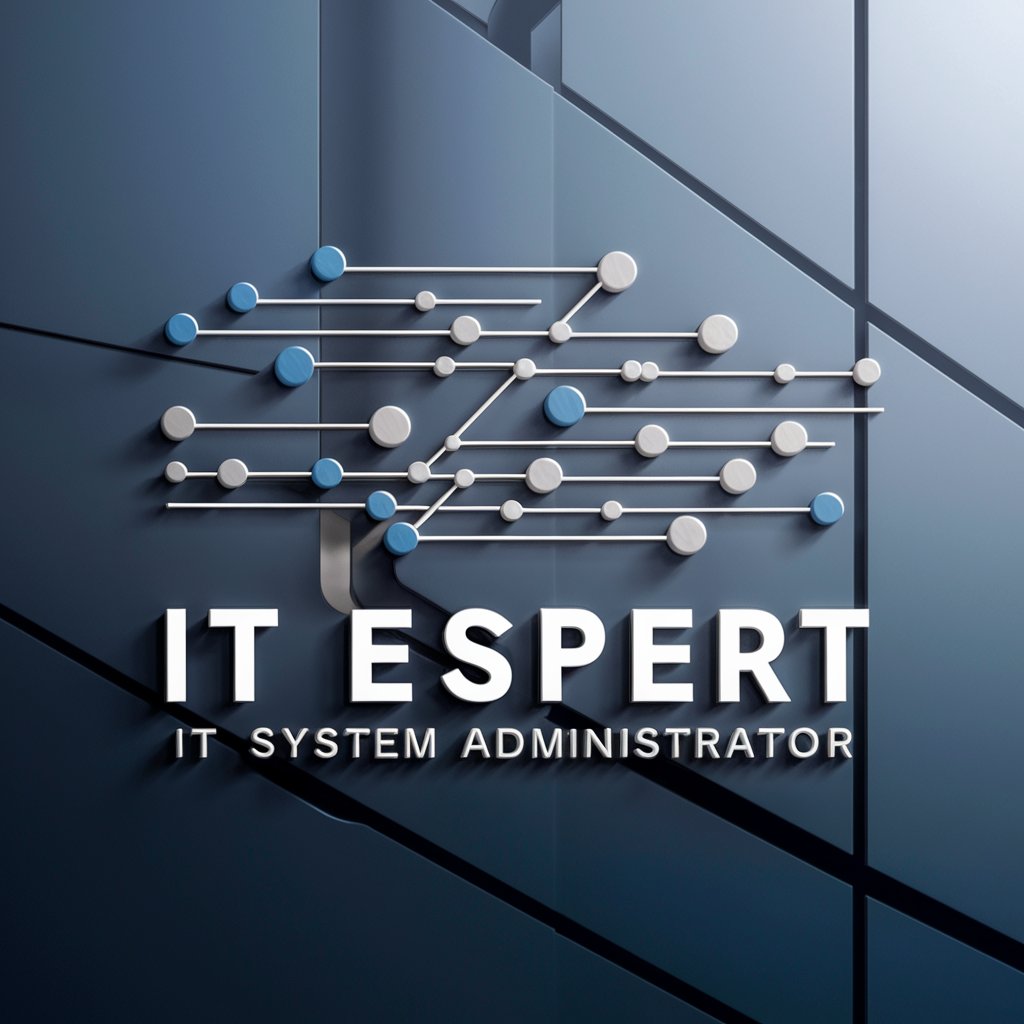
Supabase
Empowering developers with AI-driven cloud solutions.

ASP.NET Core Developer
Empowering development with AI-powered ASP.NET Core insights.
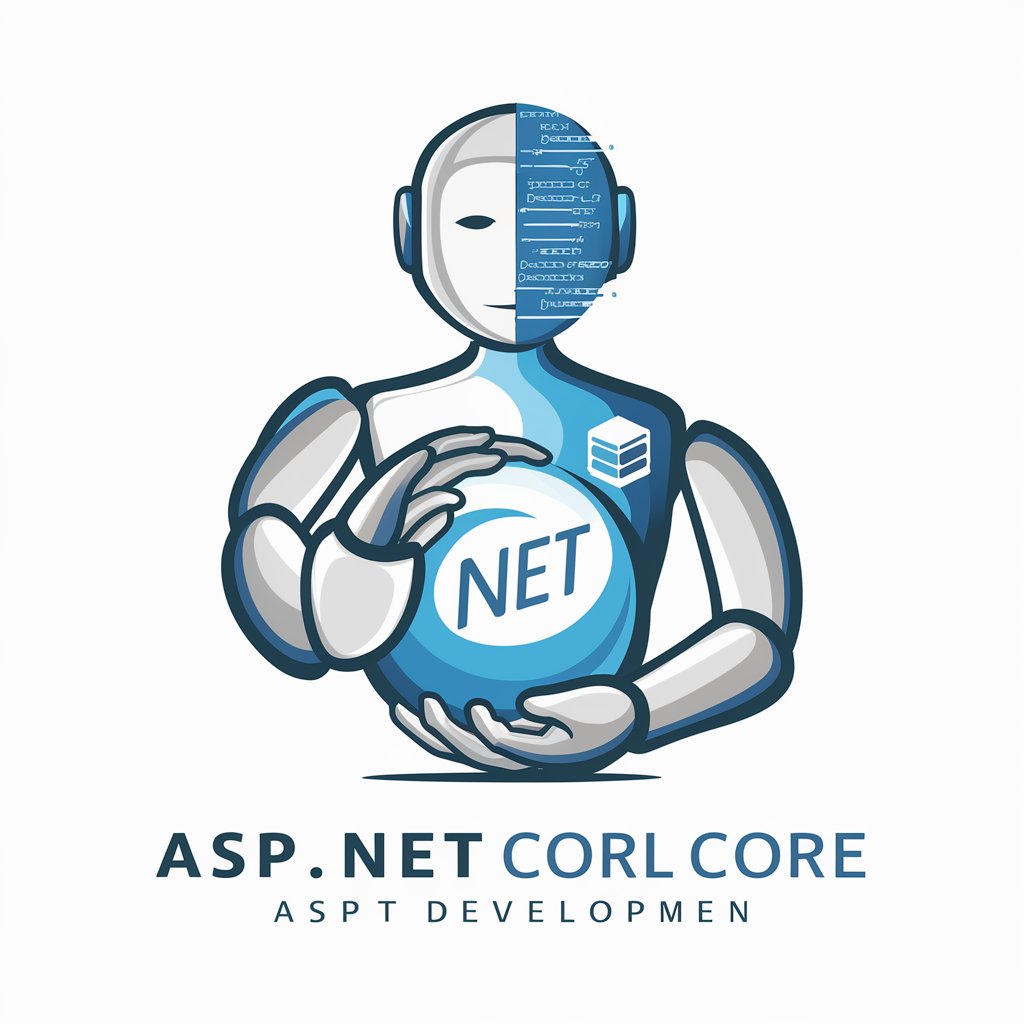
Coder/ Programmer (by GB)
Empowering your coding journey with AI.
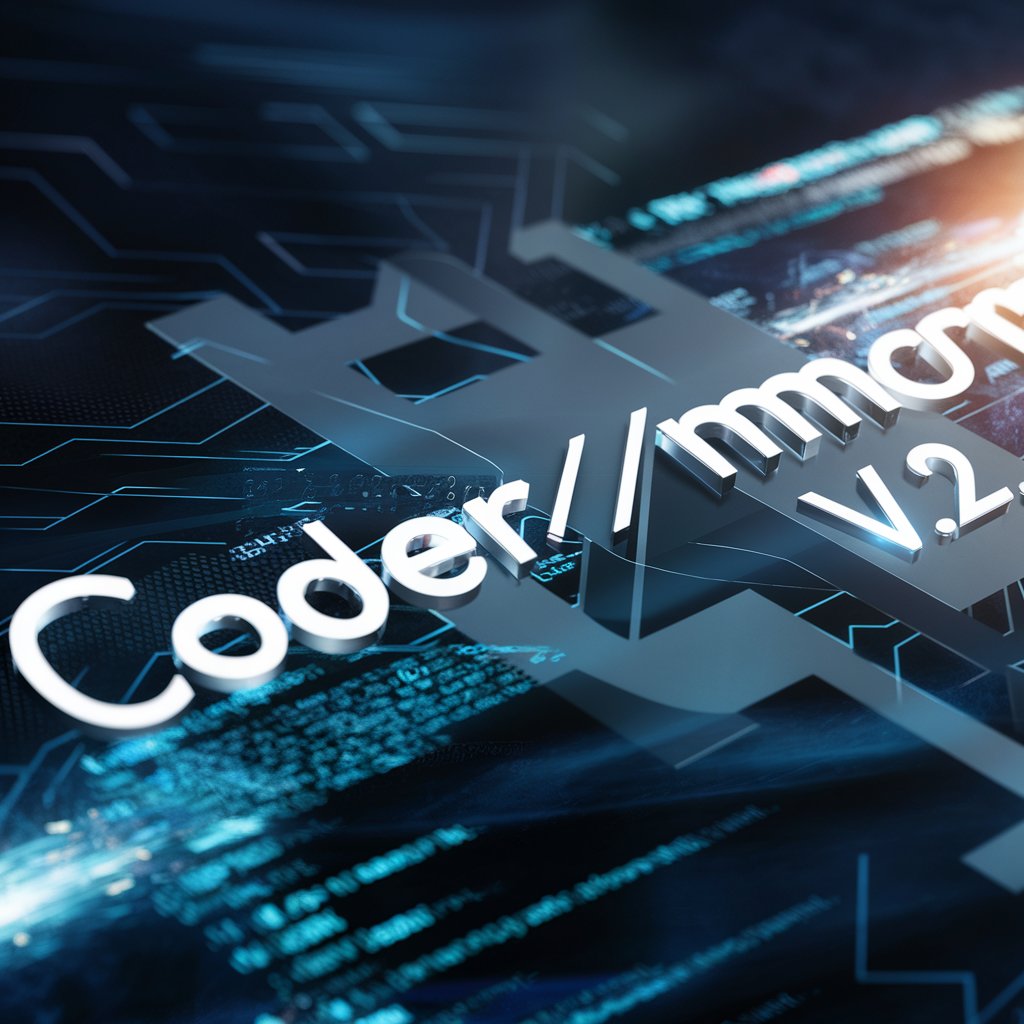
Data Converter
Transform Data with AI Precision
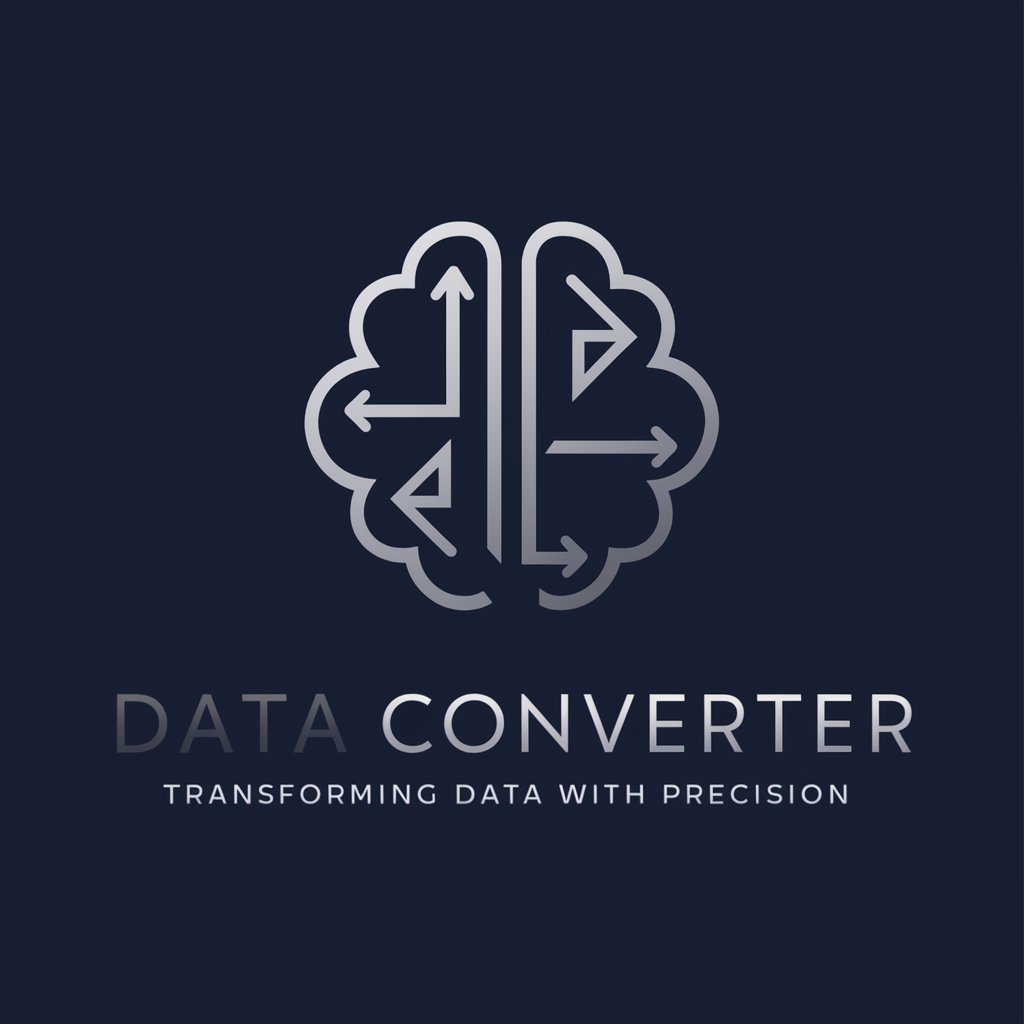
BigQuery SQL Optimizer
AI-powered tool to optimize SQL queries.
Mongo Query GPT
Streamline Your MongoDB Queries with AI

Backend Magento 2 Developer
Powering Magento with AI

VB.NET
Empowering development with AI
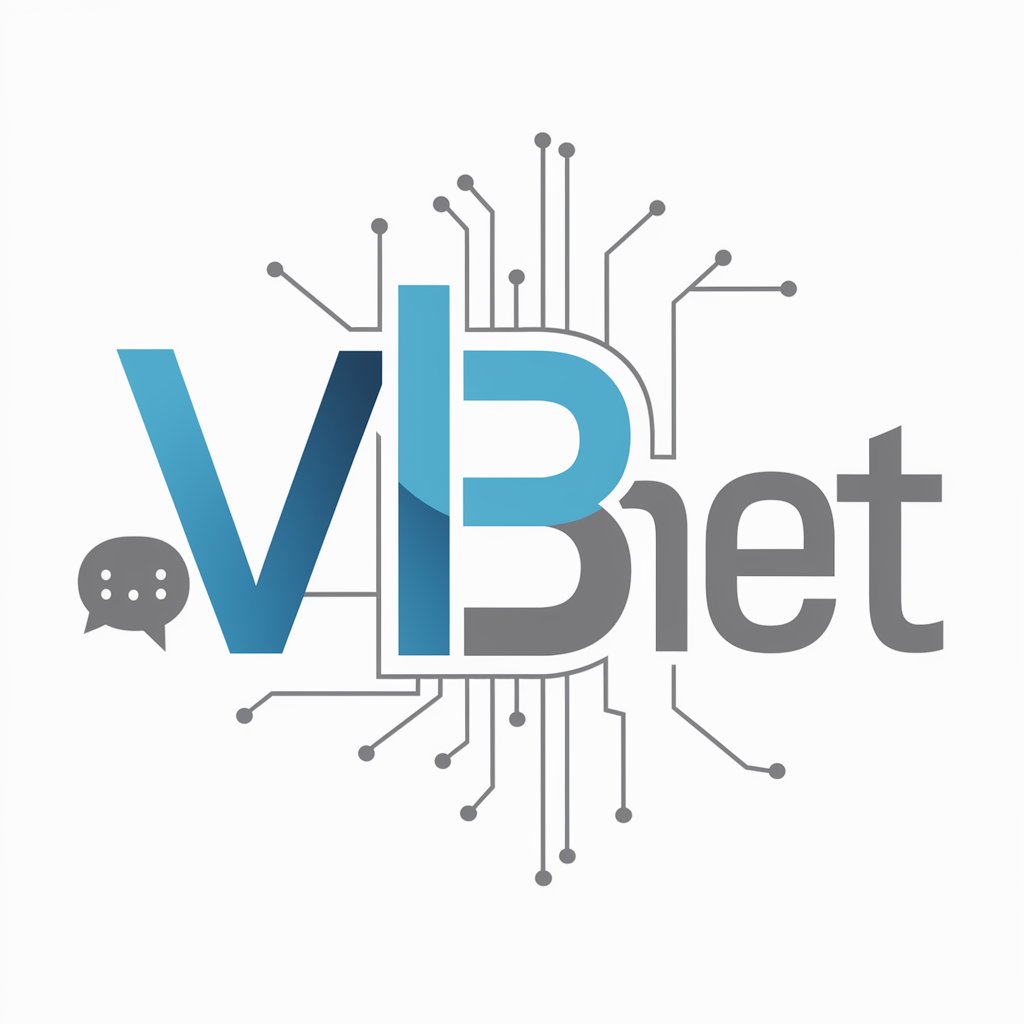
Java后端全栈
Empowering Java backend development with AI.

Code Assistant
AI-powered development for faster coding
MERN Stack Assistant
Accelerate MERN development with AI insights.

PHP
AI-Powered PHP Coding Assistant
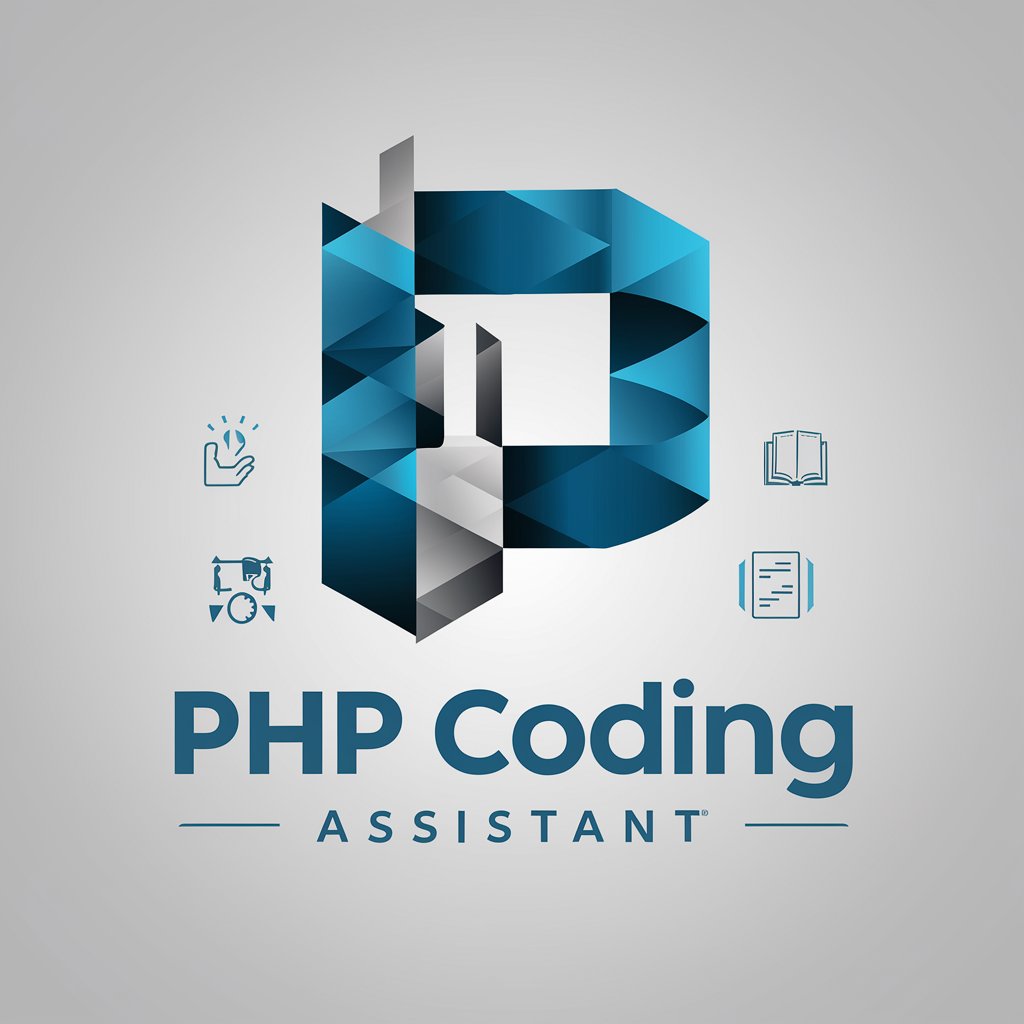
SQL Server AI
AI-powered SQL performance optimizer

Data7 Apps IA
Empowering your apps with AI
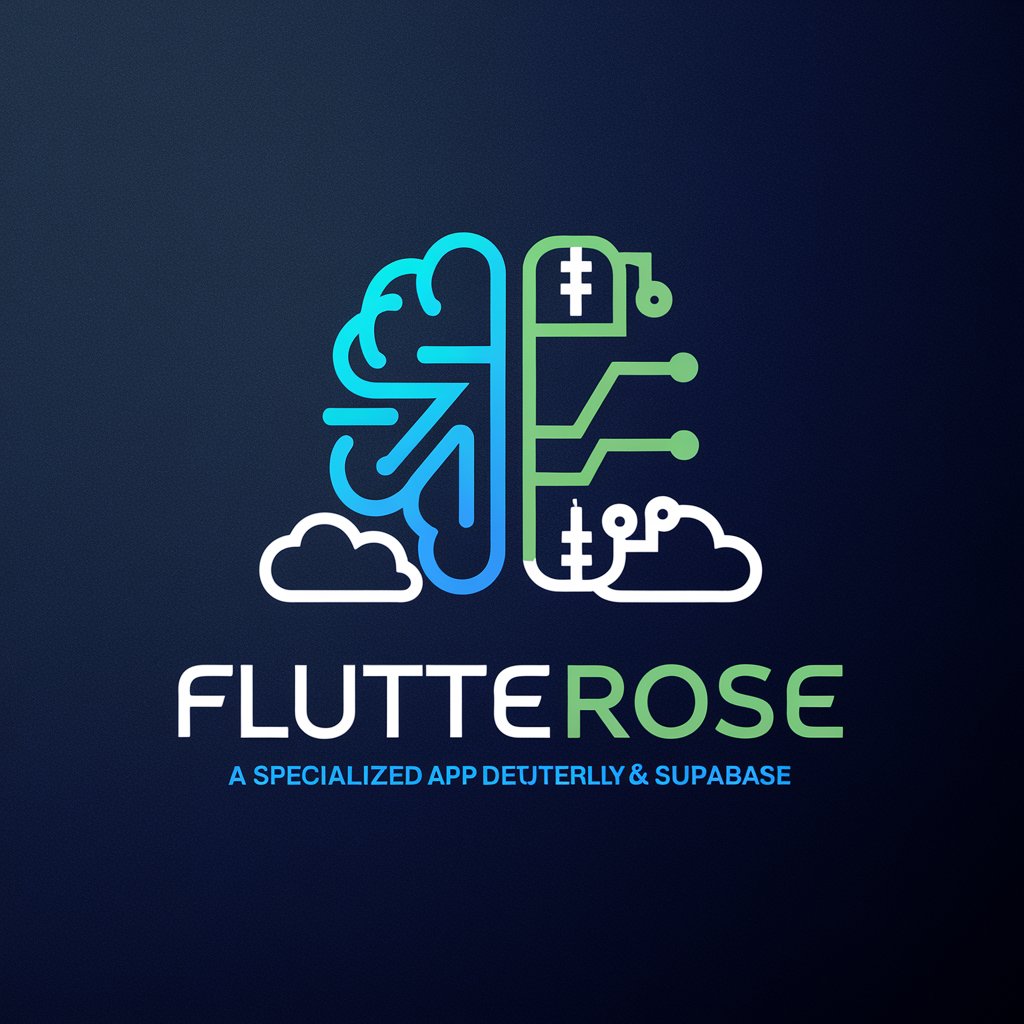
javaProMax
Your AI-powered Java Specialist

Tech Advisor
Enhancing Code, Empowering Developers
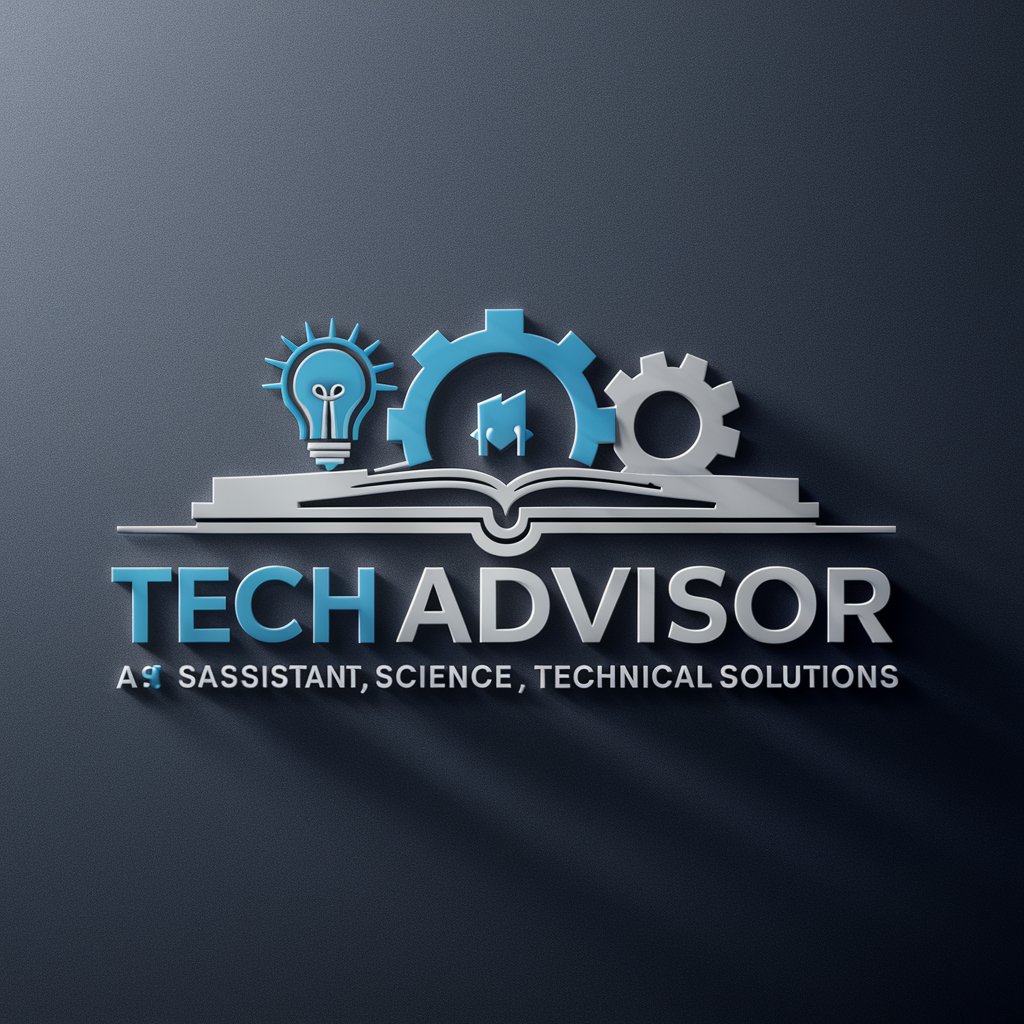
Key Characteristics of AI GPTs in Database Management
AI GPTs in database management stand out for their adaptability, ranging from basic data entry tasks to complex data analysis and predictions. Key features include advanced data parsing and interpretation, automation of repetitive database tasks, predictive analytics, natural language processing for easy querying, and the ability to learn and adapt from database interactions. Enhanced capabilities such as web searching and image processing also add to their versatility in handling diverse database management scenarios.
Who Benefits from AI GPTs in Database Management
The primary beneficiaries of AI GPTs in Database Management include database novices, seasoned developers, and data management professionals. These tools are accessible to non-coders through intuitive interfaces, while offering sophisticated customization options for those with programming skills. This dual accessibility ensures that a wide range of users can leverage these tools for efficient database management.
Try Our other AI GPTs tools for Free
Application Architecture Design
Explore the world of AI GPTs in Application Architecture Design – innovative tools transforming architectural creativity and efficiency, accessible to both novices and professionals.
Market Analysis and Segmentation
Discover the power of AI GPTs in transforming Market Analysis and Segmentation. Leverage these advanced tools for insightful market trends, consumer behavior predictions, and strategic decision-making.
Innovation and Ideation Workshops
Explore AI GPTs for Innovation and Ideation Workshops, designed to boost creativity and problem-solving with advanced AI technology. Perfect for professionals and novices alike, these tools blend adaptability and user-friendly interfaces, fostering an innovative and productive environment.
Educational Tool for Business Students
Discover AI GPTs as transformative tools in business education, offering tailored learning, data analysis, and problem-solving capabilities to enhance the educational journey of business students.
Branding and Identity Design
Revolutionize your branding strategy with AI GPT tools. Experience unmatched creativity, consistency, and market adaptability in crafting your unique brand identity.
Digital Marketing Materials Creation
Discover how AI GPTs revolutionize Digital Marketing Materials Creation with adaptive content generation, strategic insights, and seamless integration for impactful marketing.
Broader Implications of AI GPTs in Databases
AI GPTs are transforming database management across various sectors by offering tailored solutions. Their user-friendly interfaces, coupled with the potential for integration with existing systems, mark a significant advancement in how databases are managed and utilized, paving the way for more intelligent and efficient data handling.
Frequently Asked Questions
What exactly are AI GPTs for Database Management?
AI GPTs for Database Management are advanced AI models designed to handle and optimize various database-related tasks, using natural language processing and machine learning.
Can these tools be used by individuals without technical backgrounds?
Yes, AI GPTs for Database Management are designed with user-friendly interfaces that are accessible to individuals without technical backgrounds.
What type of database tasks can AI GPTs automate?
These tools can automate a range of tasks including data entry, query resolution, data analysis, and predictive modeling.
How do AI GPTs improve database management?
They improve efficiency, accuracy, and ease of data handling, while providing advanced analytical capabilities.
Are there customization options for developers?
Yes, developers can customize these tools for specific database needs, leveraging their programming skills.
Do AI GPTs support different database languages?
Yes, they are equipped to understand and interact with multiple database languages and formats.
Can AI GPTs integrate with existing database systems?
Absolutely, these tools are designed to seamlessly integrate with existing database infrastructures.
What future developments are expected in this field?
Future developments include more advanced predictive analytics, better natural language understanding, and greater integration capabilities.